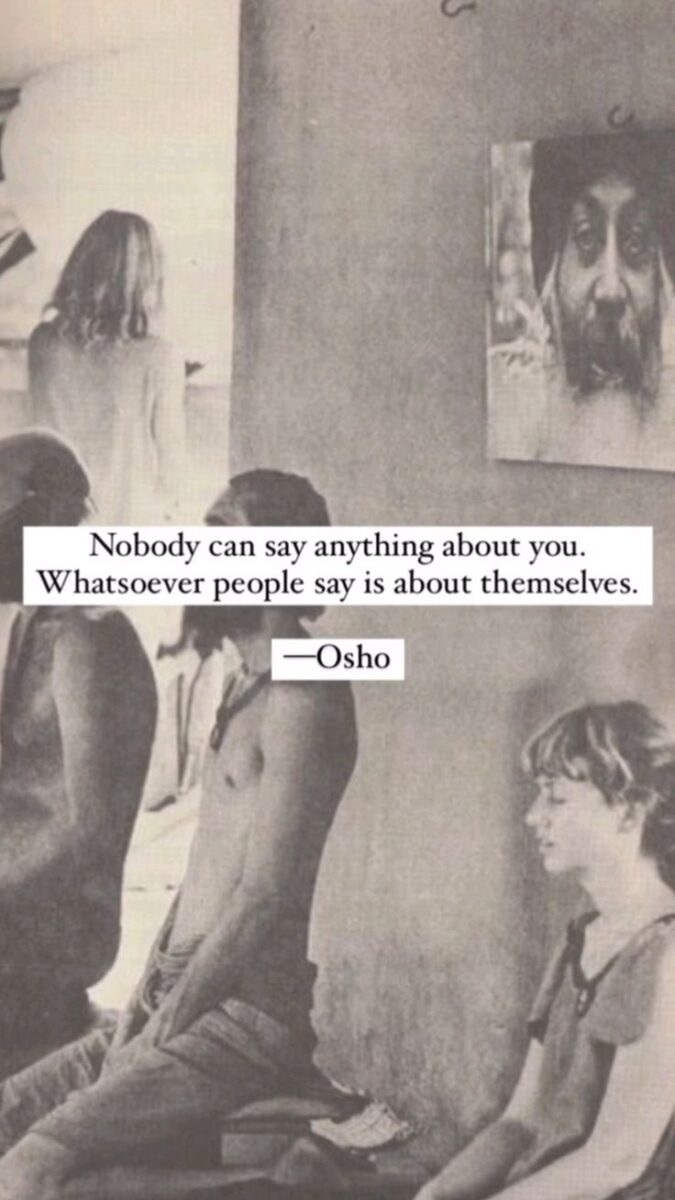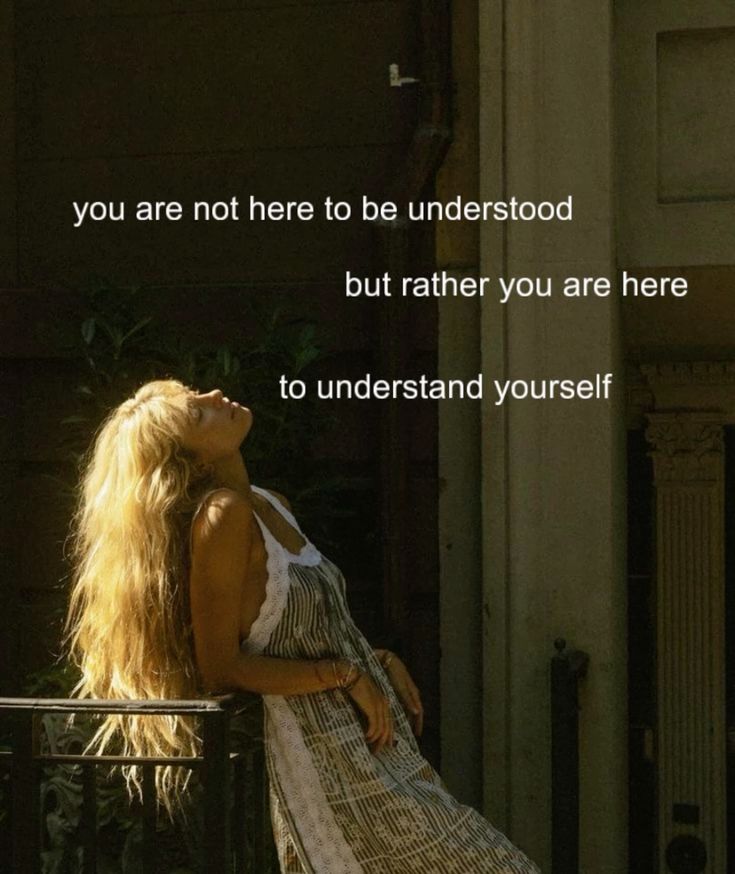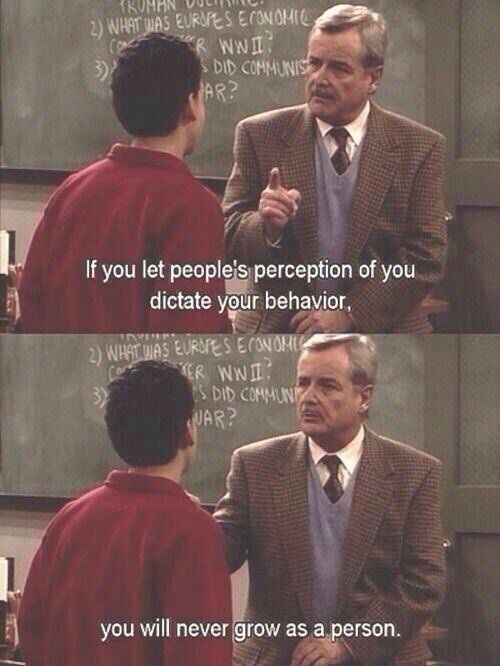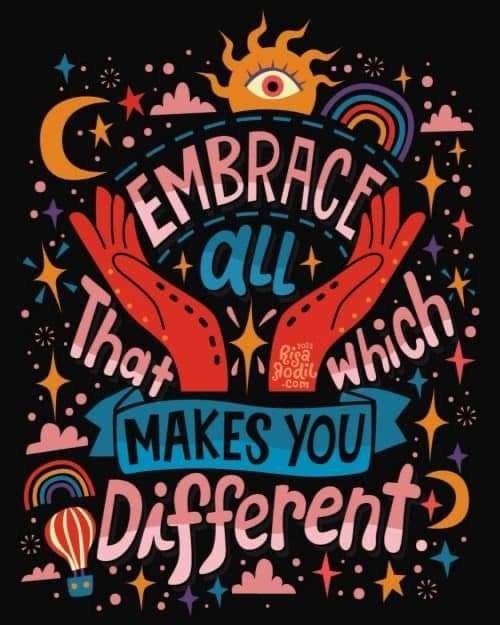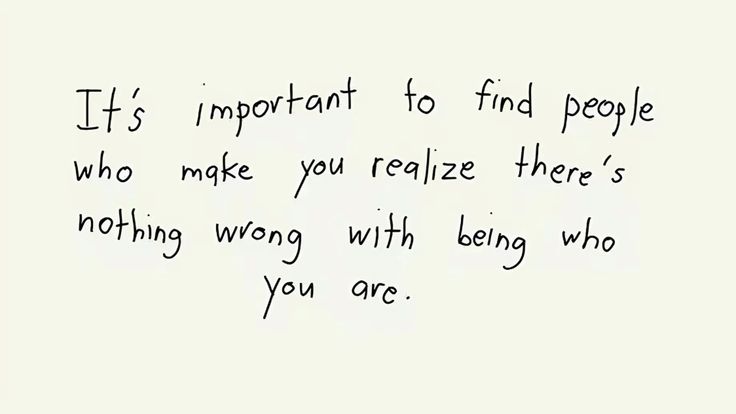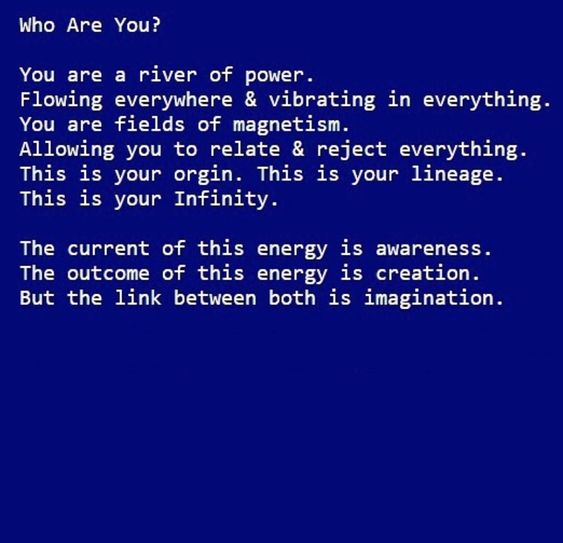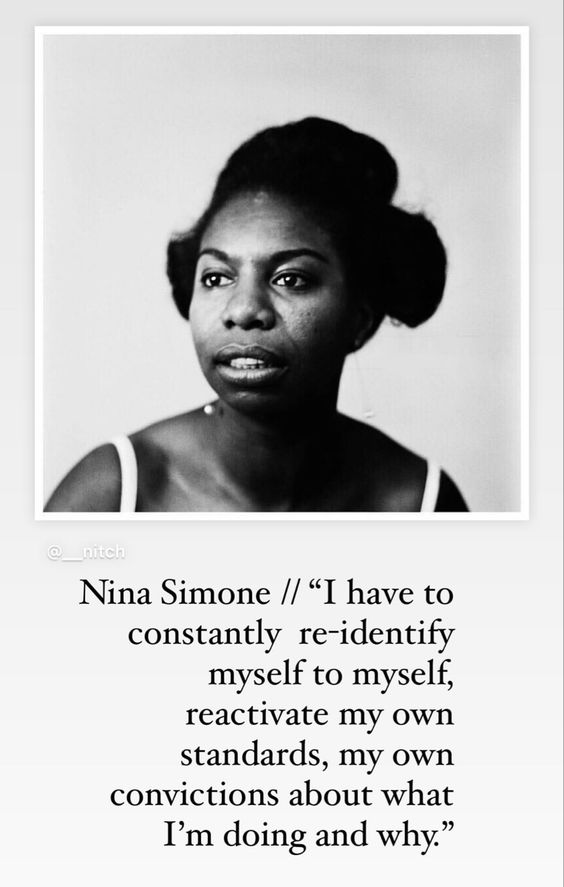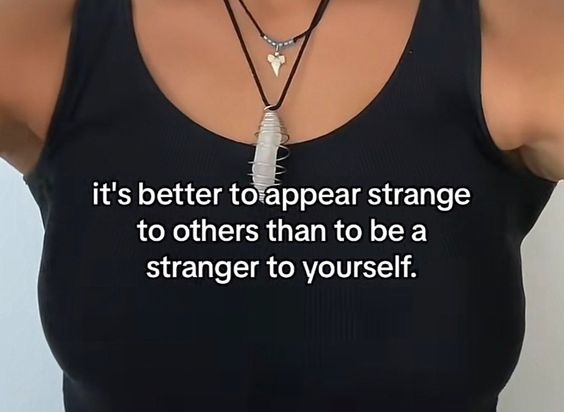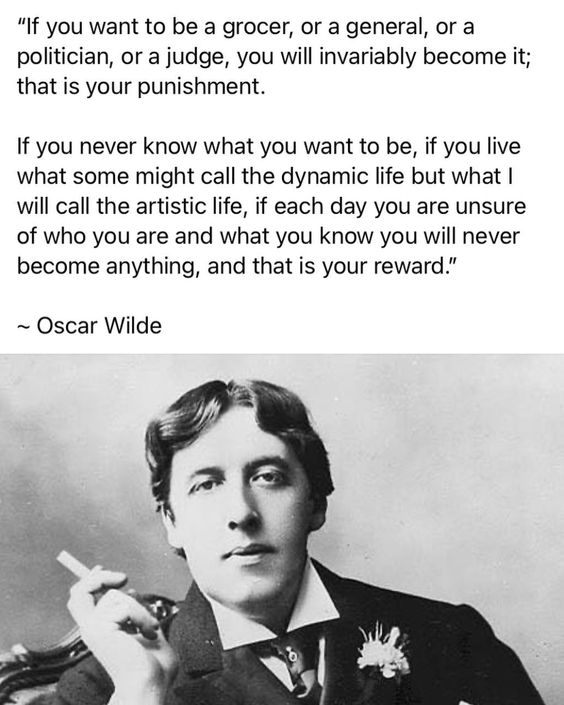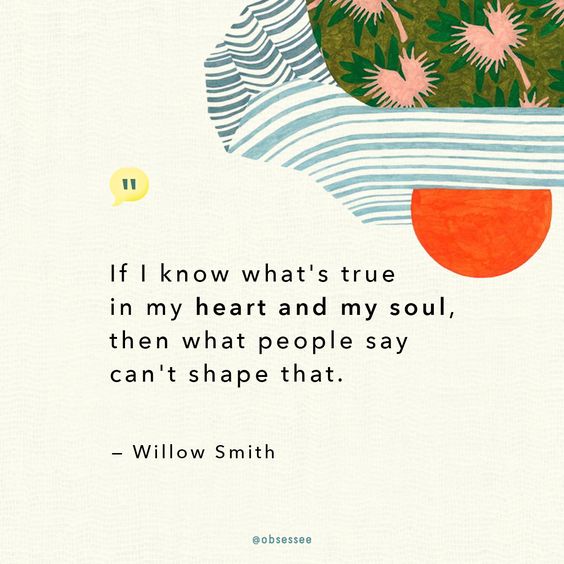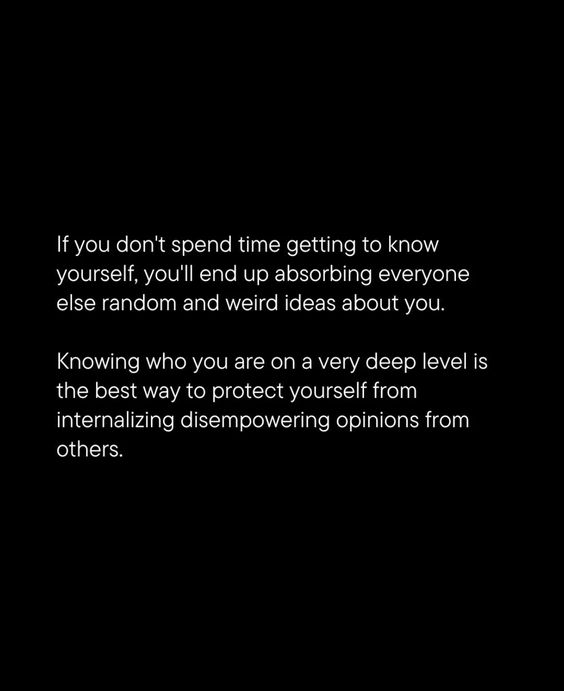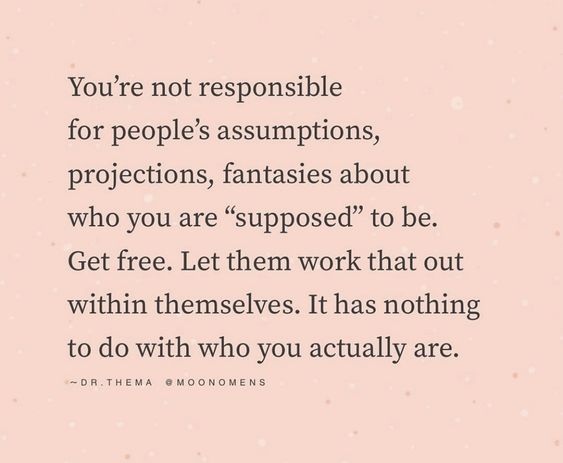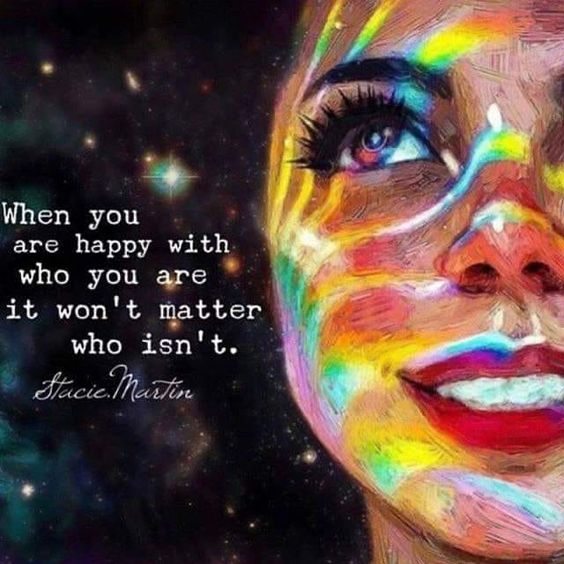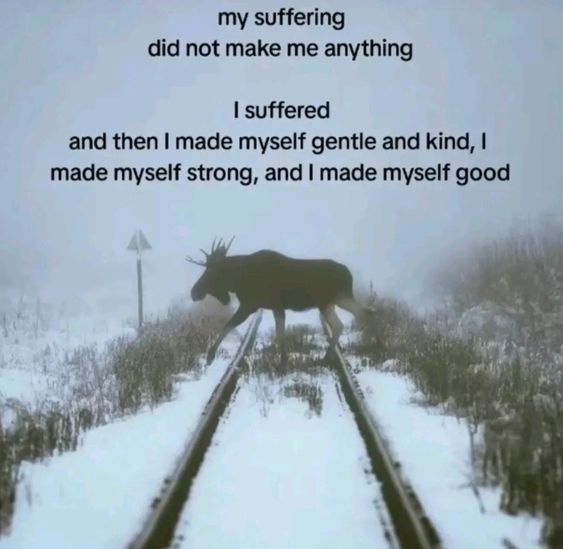“She had blue skin,
Shel Silverstein, Everything On It
And so did he.
He kept it hid
And so did she.
They searched for blue
Their whole life through,
Then passed right by—
And never knew.”
“You have been told that, even like a chain, you are as weak as your weakest link.
Kahlil Gibran, The Prophet (Page 82)
This is but half the truth. You are also as strong as your strongest link.
To measure you by your smallest deed is to reckon the power of ocean by the frailty of its foam.
To judge you by your failures is to cast blame upon the seasons for their inconstancy.”
“If you aim to be something you are not, you will always fail. Aim to be you. Aim to look and act and think like you. Aim to be the truest version of you. Embrace that you-ness. Endorse it. Love it. Work hard at it. And don’t give a second thought when people mock it or ridicule it. Most gossip is envy in disguise. Keep your head down. Keep your stamina. Keep swimming…”
Matt Haig, The Midnight Library (Page 93)
“The commitments you make determine who you can become… and the commitments you honor define who you are.”
Seth Godin, Graceful (Page 9)
“Fall in love with some activity, and do it! Nobody ever figures out what life is all about, and it doesn’t matter. Explore the world. Nearly everything is really interesting if you go into it deeply enough. Work as hard and as much as you want to on the things you like to do the best. Don’t think about what you want to be, but what you want to do. Keep up some kind of a minimum with other things so that society doesn’t stop you from doing anything at all.”
Richard Feynman
“Human beings have always employed an enormous variety of clever devices for running away from themselves, and the modern world is particularly rich in such stratagems. We can keep ourselves so busy, fill our lives with so many diversions, stuff our heads with so much knowledge, involve ourselves with so many people and cover so much ground that we never have time to probe the fearful and wonderful world within. More often than not we don’t want to know ourselves, don’t want to depend on ourselves, don’t want to know ourselves, don’t want to depend on ourselves, don’t want to live with ourselves. By middle life most of us are accomplished fugitives from ourselves.”
John W. Gardner, Self-Renewal (Page 13)
